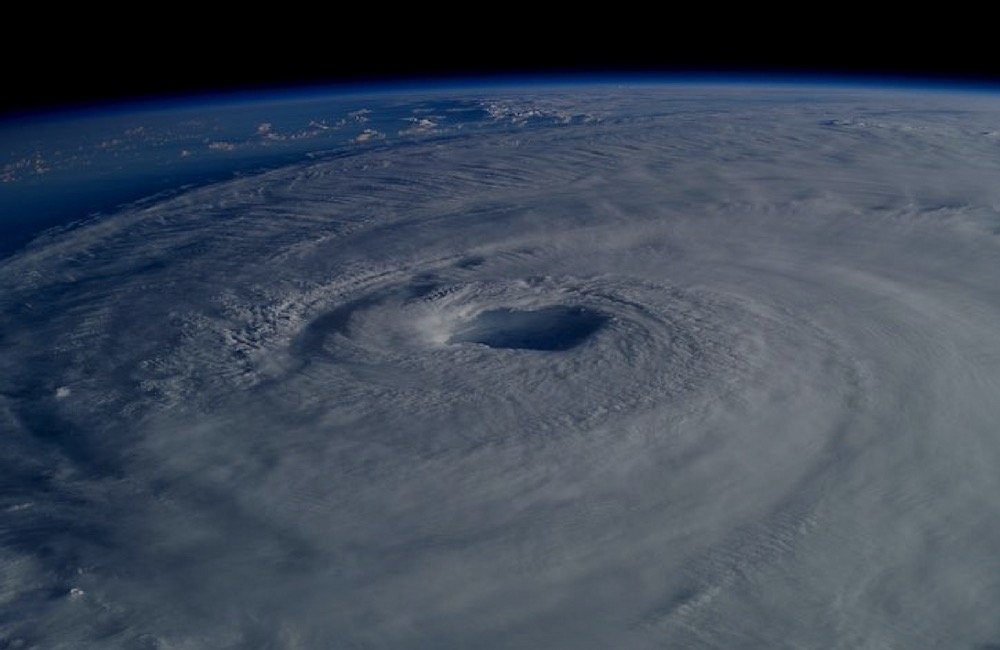While you may not live in an area prone to severe storms, hurricanes, and tornados, you never know when you may be traveling and find yourself directly located on a path of destruction. Here in the U.S., the Atlantic Hurricane season is June 1st to November 30th every year and affects areas included in the North Atlantic Ocean, the Gulf of Mexico, and the Caribbean Sea.
In the daily hustle of life, it’s easy to push hurricane preparedness to the last place on your list of priorities. Life is hectic, it’s noisy, people are waiting for us, and business projects are waiting for completion. Ask yourself this, “Is it worth losing your life by not educating yourself and loved ones on how to prepare for the worst possible scenerios?”
Recently, the U.S. suffered severely by Hurricane Harvey, who gathered strength over the Gulf of Mexico and quickly turned from a tropical depression to a Category 4 Hurricane—making landfall in Texas. The catastrophic impact from Harvey will be around for months and many are suffering as a result.
As hurricane season seems to be increasing in strength and power over the years, it seems evident that an action-plan is more critical than ever. Hurricane Irma is next to hit the U.S.
Reports say that Irma is the strongest hurricane in the Atlantic basin outside of the Caribbean Sea & Gulf of Mexico in National Hurricane Center (NHC) records. The forecast track is still uncertain, but now is the time to prepare for Irma or any destructive force you find headed your way. Here is what you can do ahead of the storm.
Educate yourself.
Education and awareness are necessary when preparing for possible weather destruction. The more you know, the less you’ll be caught off guard when disaster strikes. The best place to begin is researching what information is available to you at the local level. What are your state’s evacuation routes, plans, and procedures? Where are the surrounding shelters and hotels located? Get as much information as you can so you can make informed decisions instead of mass confusion during crisis mode. Be sure to confirm the timing of when the storm is set to hit landfall in your area.
Build a kit.
An emergency kit can be critical for your survival days after a hurricane hits. You can never predict the damage nor the shortage of supplies which will be left days, maybe weeks after a storm of this size arrives in your area.
For specifics on what you can include in your emergency kit, visit here.
Create an evacuation plan.
Establishing an evacuation plan ahead of time can be critical for you and your family’s survival. Alert close family and friends of your plans, so they know where to expect you—and what routes you plan to take—should communication channels go down. Back up electronics, protect your home, confirm home insurance policies, make copies of important documents, and be sure to know what places you can stay while traveling your evacuation route. Do not leave your pets behind as they can not fend for themselves.
For further details on creating an evacuation plan, visit here.
Unfortunately, not everyone located along a direct path of a hurricane or severe storm evacuates before devastation hits. Reasons vary from those who can’t financially afford to flee, those who are elderly, and those caring for others who can not relocate. Often there are those who fail to see the urgency during times as these—opting to ignore governor and state official orders to evacuate.
As always, you have no control when Mother Nature has stepped into her power. Make choices ahead of time to help ease the chaos that is sure to ensue. If you find yourself in this situation, do your best to keep you and your family safe.
Disclaimer: Please check with your local resources for more detailed instructions to prepare for your local area.
Opinions expressed here are opinions of the Author. Influencive does not endorse or review brands mentioned; does not and cannot investigate relationships with brands, products, and people mentioned and is up to the Author to disclose. Accounts and articles may be professional fee-based.

